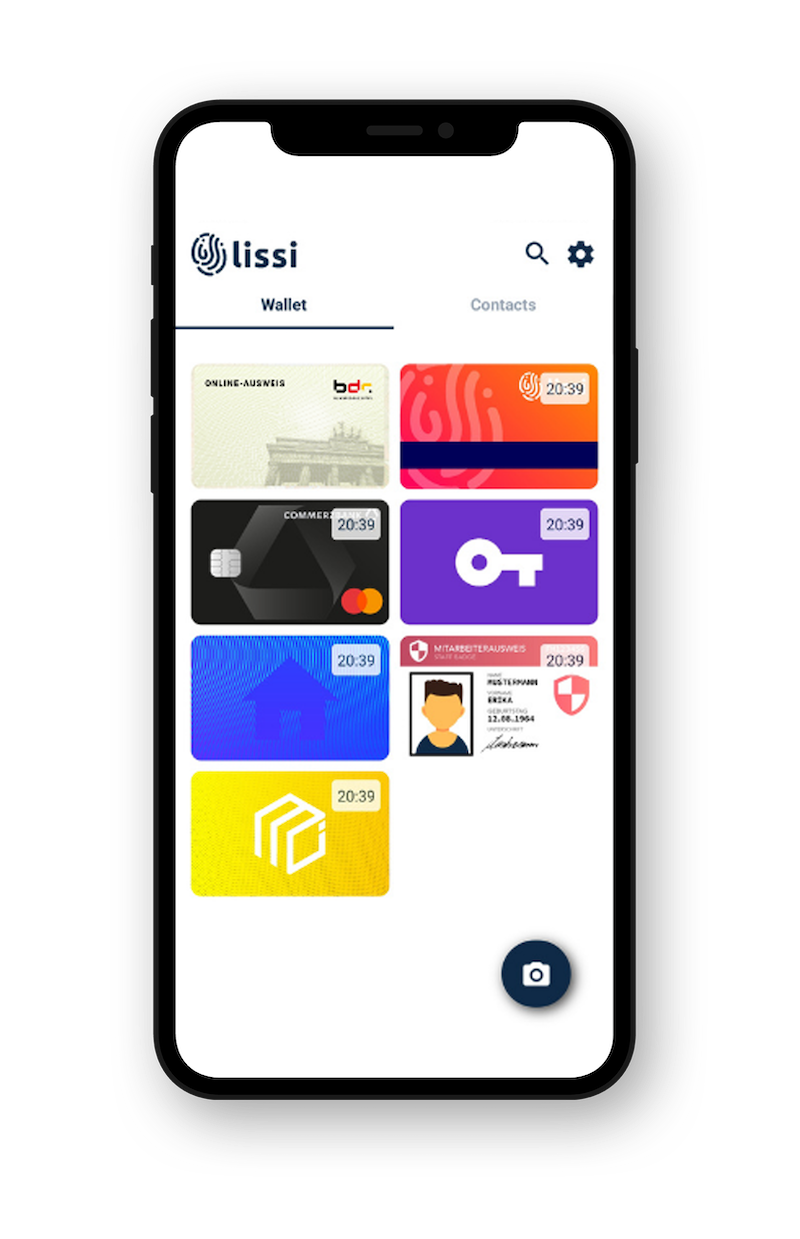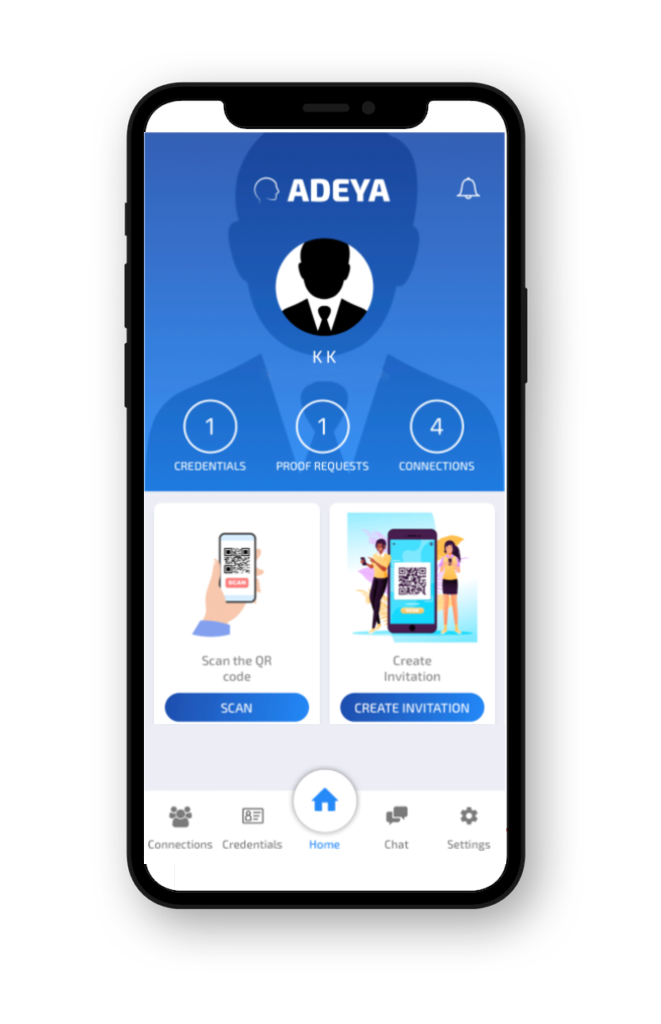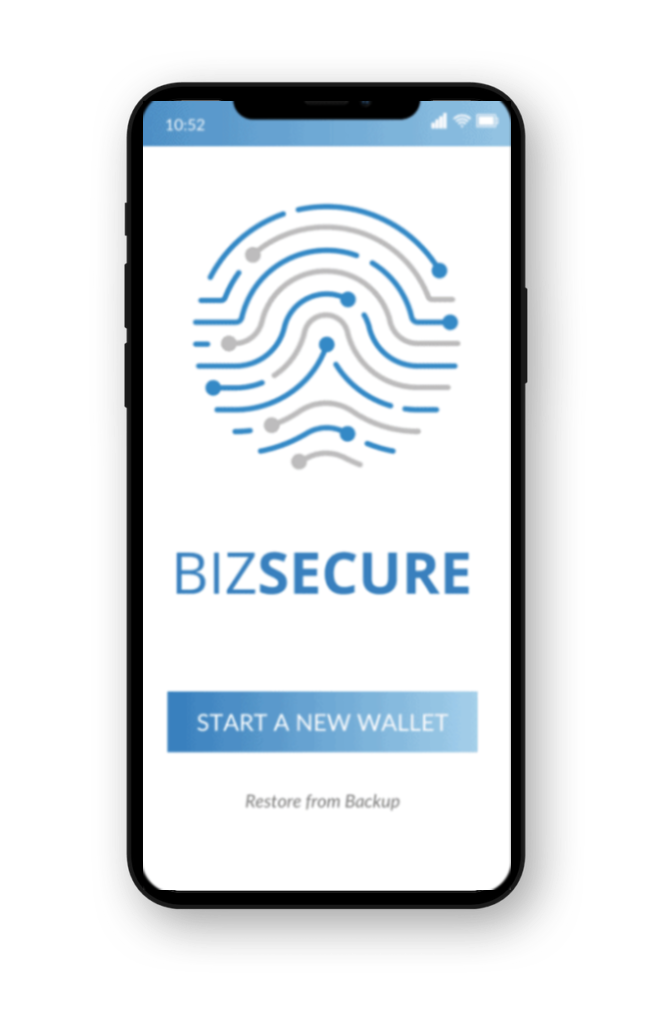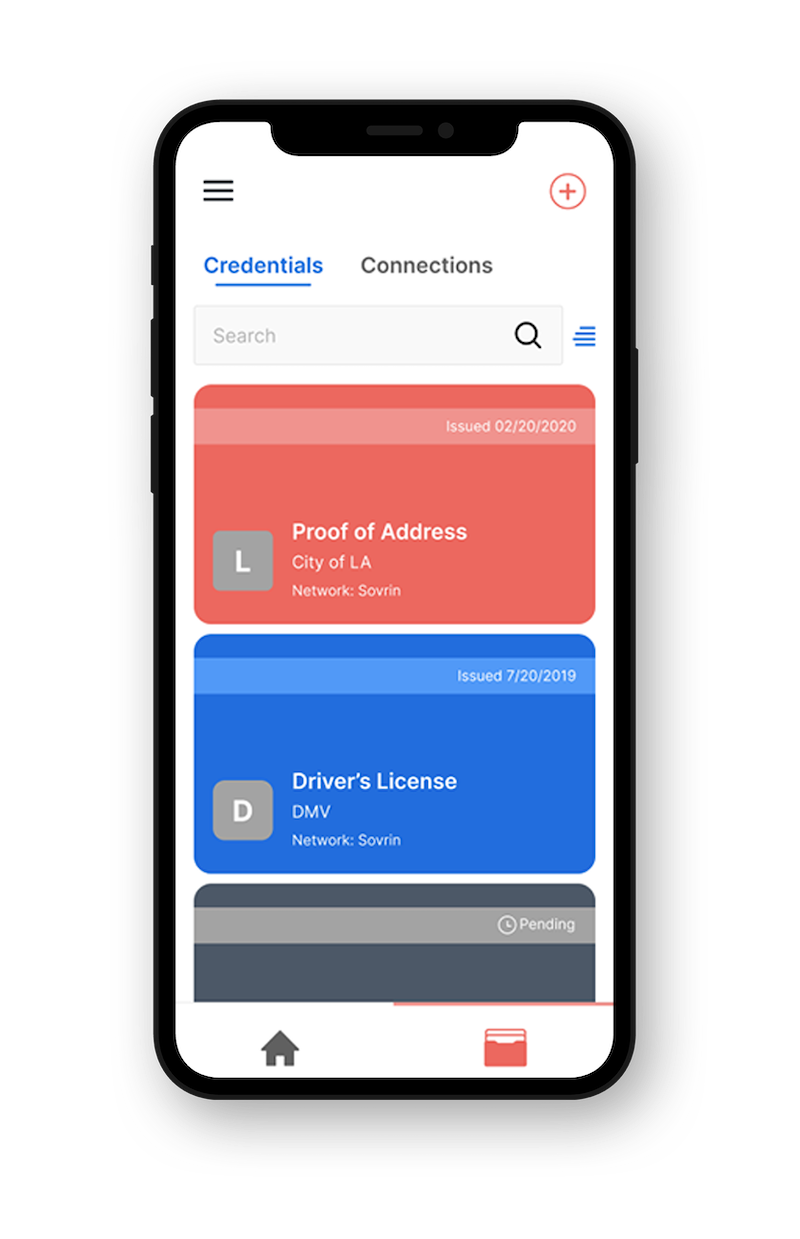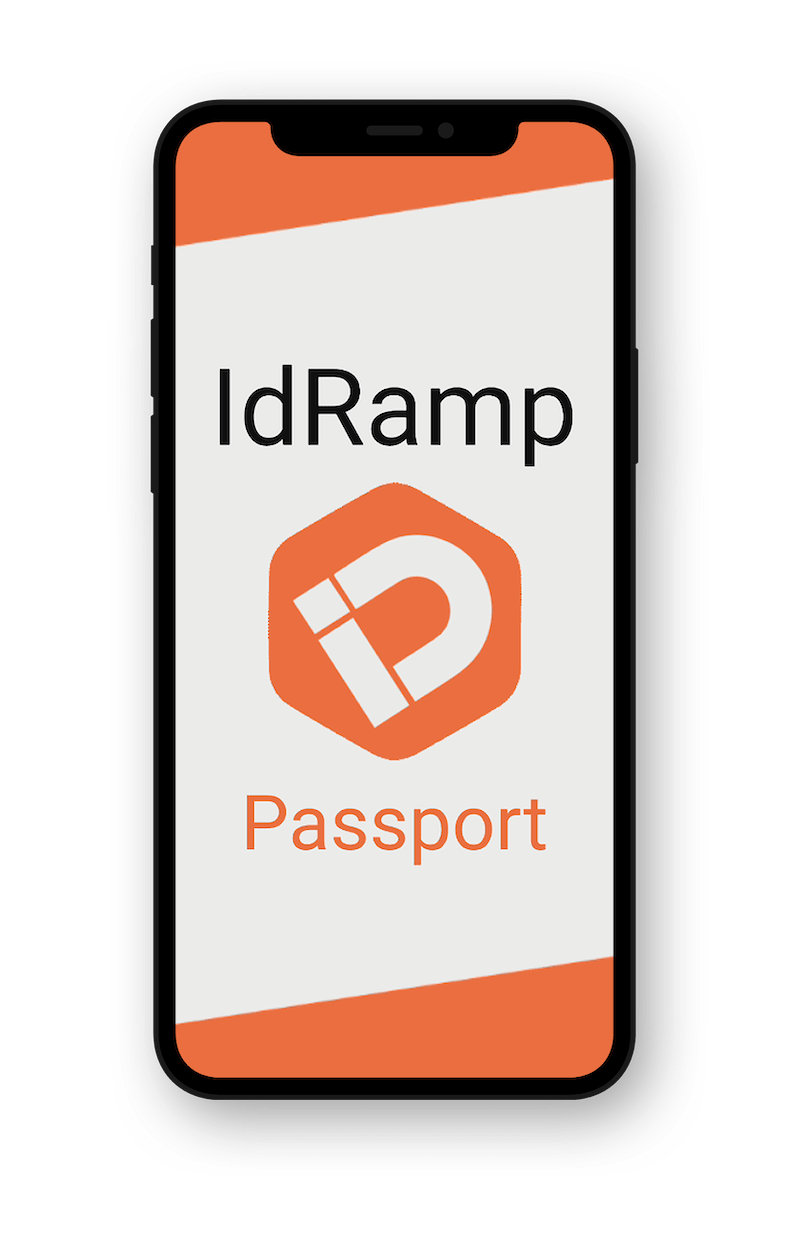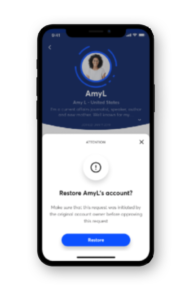New to self-sovereign identity? Looking to learn more? I’ve made you a list of this week’s top five reads along with brief summaries to help you keep tabs on the latest developments, thought leaders, and innovations in the digital identity world.
- Why self-sovereign identity matters by GlobaliD
- Self-sovereign identity (SSI) gives an individual user sole control and exclusive administrative rights over their identities.
- Instead of allowing companies, organizations, and governments to use and monetize your data, self-sovereign identity empowers an individual to decide how to use their data.
- SSI allows users to authenticate and selectively attest only the required piece of identity information, allowing greater control, ownership, and flexibility.
- Sixty companies have come together to build blockchain-based SSI tools to stem the rampant spread of COVID-19 withoutsacrificing individual privacy.
- Governments around the world are turning to big data and AI companies for contact tracing and “immunity passport” solutions, but many argue that these institutions can’t ensure the privacy of the individual.
- The goal is to create a digital certificate using verifiable credentials to allow individuals the ability to prove (and request proof from others) that they’ve recovered from the virus, tested positive for virus antibodies, or been vaccinated against it.
- Is Self-Sovereign Identity the Answer to GDPR Compliance? by Arjun Govind
- GDPR laws guarantee individuals the “right to be forgotten,” or the right for a person to request that their data be removed entirely from an entity’s system.
- The right to erasure causes expensive and complicated issues for companies using traditional identity systems with large amounts of data spread across various information systems and geographic locations.
- Decentralized identity systems solve this problem by minimizing the amount of data a company obtains, and provide verifiable credentials with a built-in “shelf life” to automate data erasure.
- Banks are subject to various categories of regulatory requirements that demand they know who their customers are, including “Know Your Customer” (KYC), Anti-Money Laundering (AML), Anti-Terrorism Financing (ATF) regulations. Global compliance with these regulations can be extremely costly.
- SSI technology is a combination of existing technologies to make low-cost, highly-scalable solutions possible. Banks can use SSI to simplify their KYC, AML, ATF processes, saving them time and money.
- Good user experience design will be critical to the adoption and use of digital wallets.
5. How Blockchain Technology and Self-Sovereign Identity Enables the New Normal of Remote Learning, Training and Working by Justin Kersey
- SSI improves security and allows seamless integration across platforms– key characteristics required for adoption in the near term as a tool that makes learning, hiring, and remote work more efficient.
- “SSI will create a global ecosystem of verifiable credentials that allows organizations to accurately and efficiently evaluate courses, exams, and qualifications from around the world and create equivalencies for them.”
- SSI will lead to benefits such as frictionless and low-cost backgrounders checks, reduced fraud through cryptographic signatures, and verifiable employment history.
Learn something cool and want to talk more? Drop us a line to see what SSI could mean for you or your company.

